AMPHIBIAN MONITORING
Community scientists looking out for local amphibians
AMPHIBIANS OF WASHINGTON
Over the last several decades, amphibians – including frogs, toads, salamanders and newts – have experienced the highest rate of species decline among vertebrate animals. These losses have occurred due to impacts such as wetland loss, disease, pollutants, invasive species and climate change.
Community volunteers help collect scientific data by observing amphibians in local conservation wetland areas. Each year our Amphibian Monitoring volunteers log hundreds of observations of amphibians across western Washington in the iNaturalist online collection of biodiversity observations. iNaturalist is a global community of people who assist conservation efforts by recording observations of organisms and share them with each other to gain a better understanding of the natural world.
What are we looking for?
We’re monitoring for eight different species of frogs, toads and salamanders:
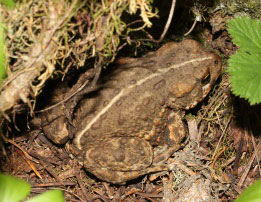
Western toad
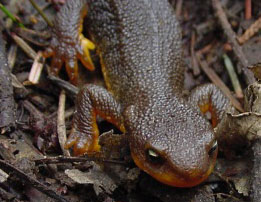
Rough-skinned newt
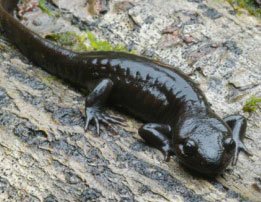
Northwestern salamander
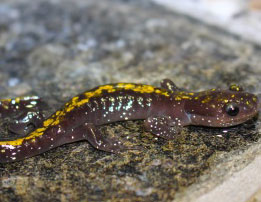
Long-toed salamander
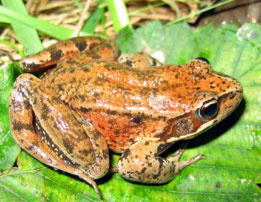
Red-legged frog
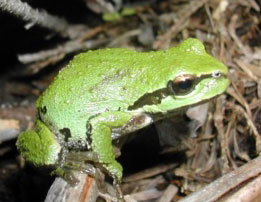
Pacific treefrog
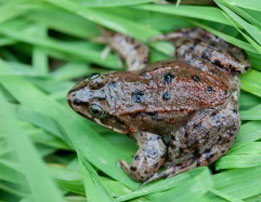
Oregon spotted frog
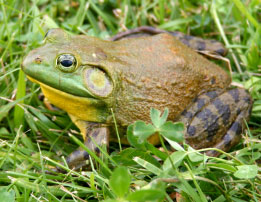
American bullfrog Invasive!
ABOUT THE PROGRAM
Local Communities Contributing to Global Conservation
Each year since 2012, approximately 75 volunteers have monitored 17 sites for evidence of breeding amphibians. Volunteers log data in the Amphibians of Washington project on iNaturalist, where project curators verify the observations. These observations help us understand where our local amphibians are – and aren’t – breeding across the region.
Take a look at what our community scientists accomplished!
2024 Report 2023 Report 2022 Report 2021 Report 2020 Report
Hope for Native Amphibians
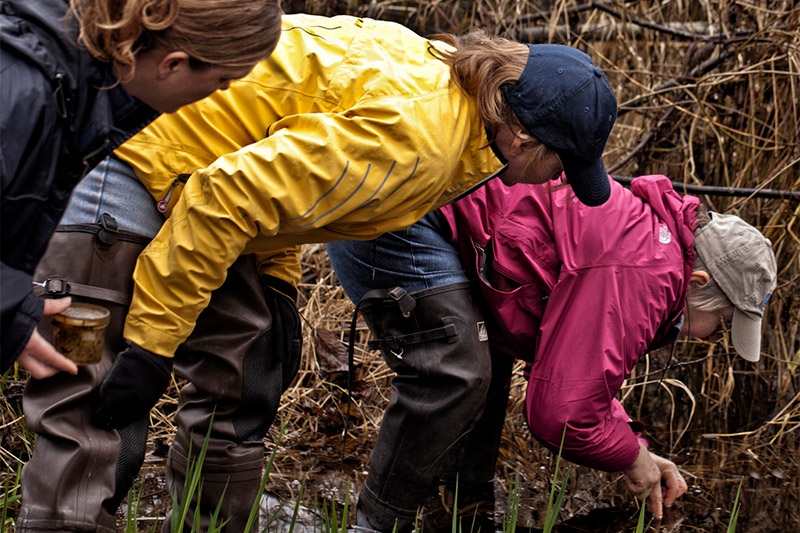
Community Volunteers
Volunteers are trained to identify egg masses of eight species of frogs, toads, newts and salamanders. This includes the Oregon spotted frog, a state endangered species, and the American bullfrog, an invasive species that negatively impacts other amphibians.
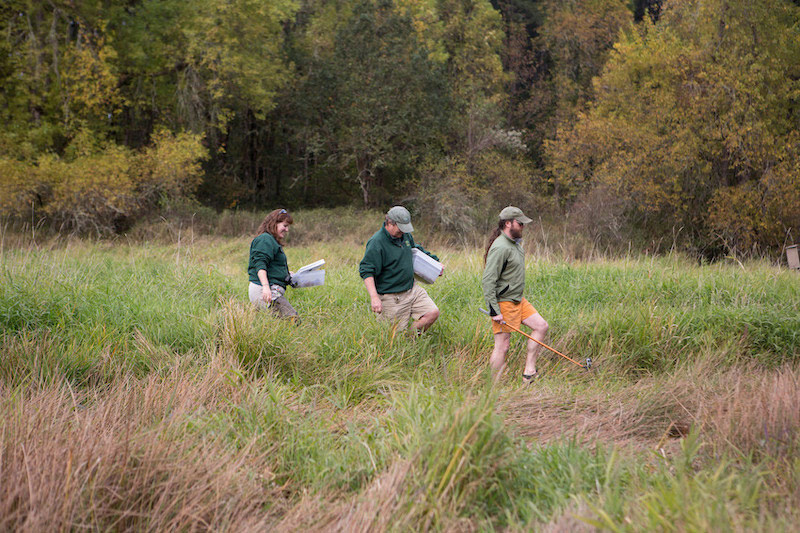
Supporting Local Habitats
A majority of Amphibian Monitoring community scientists report increased appreciation for local amphibians and their wetland site as a result of their participation.
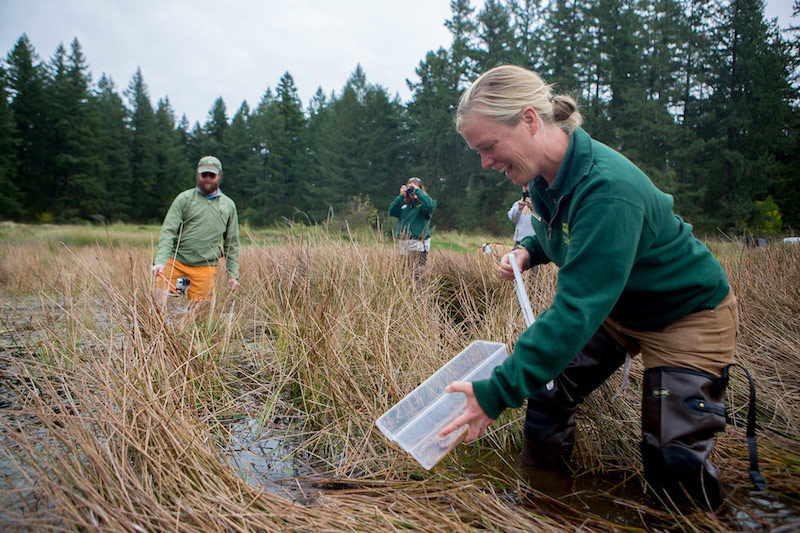
Scientific Data
Verified observations from the Amphibians of Washington iNaturalist project are rolled into the Global Biodiversity Information Facility, an international organization that makes scientific data on biodiversity broadly available via the Internet.
WHAT YOU CAN DO
Want to get involved?
Amphibian monitoring training is an exciting opportunity to get hands-on experience with amphibian conservation while increasing your connection to local ponds and wetlands and contributing to authentic scientific research.
All volunteer slots have been filled for the upcoming season.
Join the interest list for participating next season!
Sign up here
MORE WAYS TO HELP